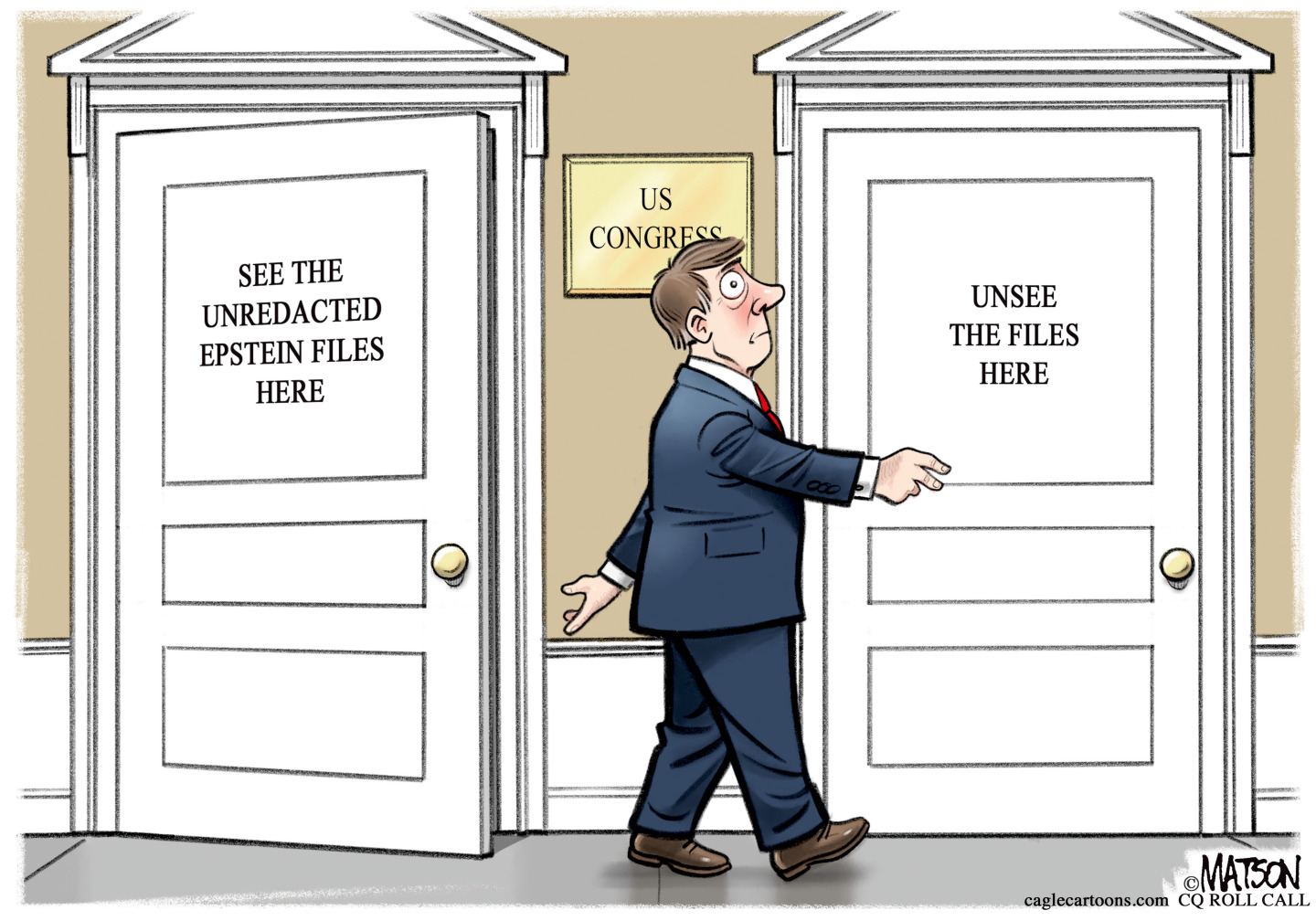U.S. 'victories' in Iraq are a grim warning for great-power conflict with China


A free daily email with the biggest news stories of the day – and the best features from TheWeek.com
You are now subscribed
Your newsletter sign-up was successful
Gen. Ray Odierno, credited with leading the 2007 "surge" of U.S. troops in Iraq, died Friday at age 67. Meanwhile, Iraq held its latest national elections. The coincidence should serve as a reminder of how little the United States accomplished in that failed war — and, hopefully, teach us a lesson for foreign policy choices yet to come.
Iraq War proponents tried declaring victory often in its early years. There was President George W. Bush's "Mission Accomplished" declaration after the initial 2003 invasion was complete. We "won" again in 2005 when Iraqis held their first elections after Saddam Hussein was driven from power. Hawks tried most mightily to paint the Odierno-administrated surge as yet another victory. "The situation in Iraq has completely reversed," Sens. Lindsey Graham (R-S.C.) and Joe Lieberman (I-Conn.) declared in 2008.
As the repetition should have made obvious, they were wrong. The surge did help tamp down violence in the country for awhile, but it was designed to give Iraqi leaders space to resolve their political differences and form a stable government. That didn't happen. Instead, Iraq became a nesting ground for the Islamic State terror group, and today the country hosts a low-level proxy war between the U.S. and Iran. Meanwhile, an unabashed hawk like Graham has made a career of calling for new surges in Syria, Afghanistan and even, again, Iraq.
The Week
Escape your echo chamber. Get the facts behind the news, plus analysis from multiple perspectives.

Sign up for The Week's Free Newsletters
From our morning news briefing to a weekly Good News Newsletter, get the best of The Week delivered directly to your inbox.
From our morning news briefing to a weekly Good News Newsletter, get the best of The Week delivered directly to your inbox.
Iraq's election on Sunday demonstrated again how false those "victories" were. Jane Arraf, a New York Times correspondent who has covered Iraq since the war's earliest days, noted Iraqis had low expectations for the election. "Traditional political factions, many of them attached to militias, have seemingly insurmountable power," she wrote, "and much of the electorate has become too disdainful of politicians to feel compelled to vote at all." Turnout was accordingly low. This is not democracy effectively spread.
The story of America's missteps in Iraq might seem like old news by now, and so might the lengthy list of similar tales about how the U.S. military establishment misled the public about the losing war effort in Afghanistan. Still, they're worth bearing in mind as the United States pivots to "great power competition" with China — and especially as the possibility of going to war over Taiwan seems to grow each day.
Hawks will promise success, and they might even claim victory (maybe multiple times). But the people on the ground will have to live with the real results, which may well be uglier than advertised. Just ask the Iraqis.
A free daily email with the biggest news stories of the day – and the best features from TheWeek.com
Joel Mathis is a writer with 30 years of newspaper and online journalism experience. His work also regularly appears in National Geographic and The Kansas City Star. His awards include best online commentary at the Online News Association and (twice) at the City and Regional Magazine Association.
-
 US to send 200 troops to Nigeria to train army
US to send 200 troops to Nigeria to train armySpeed Read Trump has accused the West African government of failing to protect Christians from terrorist attacks
-
 Grand jury rejects charging 6 Democrats for ‘orders’ video
Grand jury rejects charging 6 Democrats for ‘orders’ videoSpeed Read The jury refused to indict Democratic lawmakers for a video in which they urged military members to resist illegal orders
-
 Political cartoons for February 11
Political cartoons for February 11Cartoons Wednesday's political cartoons include erasing Epstein, the national debt, and disease on demand
-
 Big-time money squabbles: the conflict over California’s proposed billionaire tax
Big-time money squabbles: the conflict over California’s proposed billionaire taxTalking Points Californians worth more than $1.1 billion would pay a one-time 5% tax
-
 Did Alex Pretti’s killing open a GOP rift on guns?
Did Alex Pretti’s killing open a GOP rift on guns?Talking Points Second Amendment groups push back on the White House narrative
-
 Washington grapples with ICE’s growing footprint — and future
Washington grapples with ICE’s growing footprint — and futureTALKING POINTS The deadly provocations of federal officers in Minnesota have put ICE back in the national spotlight
-
 Trump’s Greenland ambitions push NATO to the edge
Trump’s Greenland ambitions push NATO to the edgeTalking Points The military alliance is facing its worst-ever crisis
-
 Why is Trump threatening defense firms?
Why is Trump threatening defense firms?Talking Points CEO pay and stock buybacks will be restricted
-
 The billionaires’ wealth tax: a catastrophe for California?
The billionaires’ wealth tax: a catastrophe for California?Talking Point Peter Thiel and Larry Page preparing to change state residency
-
 Trump considers giving Ukraine a security guarantee
Trump considers giving Ukraine a security guaranteeTalking Points Zelenskyy says it is a requirement for peace. Will Putin go along?
-
 Bari Weiss’ ‘60 Minutes’ scandal is about more than one report
Bari Weiss’ ‘60 Minutes’ scandal is about more than one reportIN THE SPOTLIGHT By blocking an approved segment on a controversial prison holding US deportees in El Salvador, the editor-in-chief of CBS News has become the main story
